Pure H2O: Exploring Water Filtration and Treatment

Introduction:
Remote locations often present unique challenges when it comes to water management. Access to clean and safe drinking water is essential for a sustainable and healthy lifestyle. In such austere environments, it’s crucial to employ sustainable practices for water management. This article explores various methods for water management in remote areas, including well water, rainwater harvesting, RO systems, greywater systems, and septic tanks. Additionally, we will discuss the importance of using water filters and whole-home water filtration systems to ensure the quality of your water supply.

- Well Water: Tapping into Natural Aquifers
Many remote homes rely on well water as their primary source of freshwater. Wells can provide a consistent and reliable supply of water, drawing from natural aquifers deep beneath the ground. However, it’s important to regularly test well water for contaminants and invest in water filters to ensure its quality.
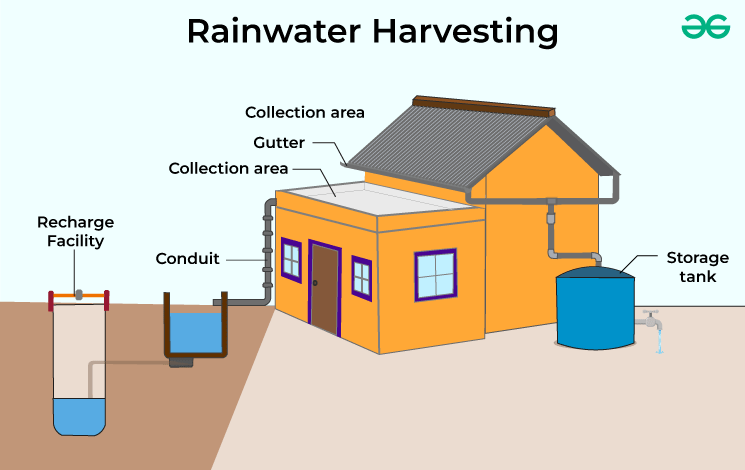
- Rainwater Harvesting: Embracing Nature’s Bounty
Rainwater harvesting is a sustainable practice that captures and stores rainwater for various purposes. In remote areas with limited access to municipal water sources, rainwater harvesting can be a lifeline. By collecting rainwater in tanks or cisterns, you can reduce your dependency on other water sources and utilize natural rainfall for daily needs.

- Reverse Osmosis (RO) Systems: Purifying Your Water
Reverse osmosis is a highly effective method for purifying water, removing impurities and contaminants through a semipermeable membrane. RO water filters are particularly useful in remote locations where water quality may be a concern. They provide clean and safe drinking water by removing harmful substances, making them an essential addition to your water management strategy.
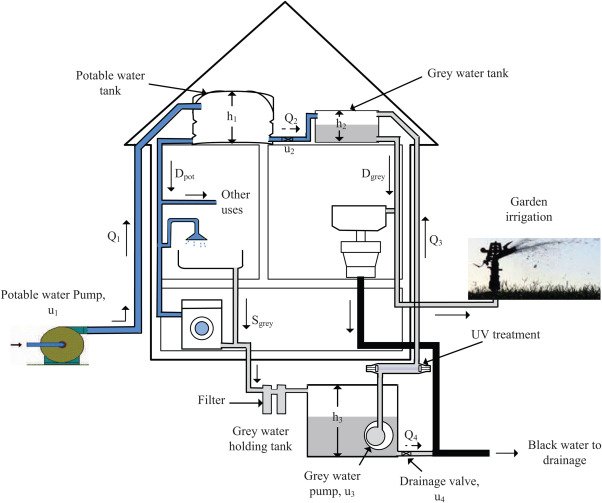
- Greywater Systems: Recycling Wastewater
Greywater systems recycle and treat wastewater from sinks, showers, and laundry for non-potable purposes like irrigation or flushing toilets. In remote areas where water resources are limited, greywater systems can significantly reduce water wastage and promote sustainability.
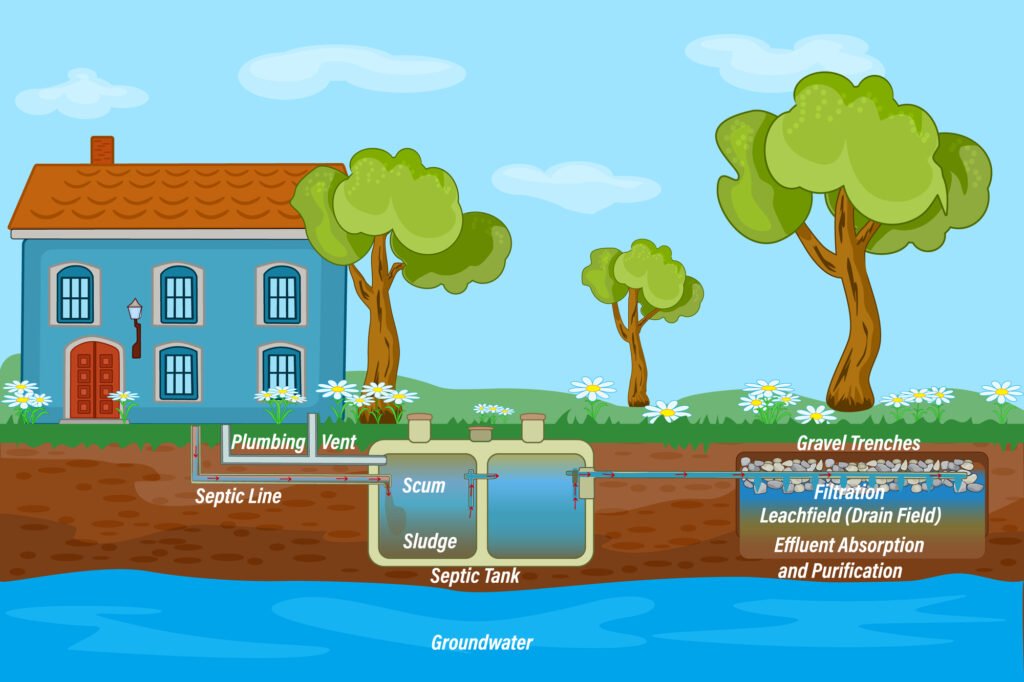
- Septic Tanks: Efficient Wastewater Treatment
Septic tanks are essential for proper wastewater disposal in remote homes without access to municipal sewer systems. They efficiently treat and store sewage on-site, ensuring that harmful contaminants do not harm the environment or groundwater.
Importance of Water Filters and Whole-Home Water Filtration Systems:
While the above methods help manage your water supply, it’s equally important to focus on water quality. Here are some key considerations:
-
Water Filters: Installing water filters on faucets and showers can remove sediment, chlorine, and other impurities, ensuring cleaner and better-tasting water.
-
Whole-House Water Filtration Systems: For comprehensive water quality improvement, consider a whole-home water filtration system. These systems purify water at the point of entry, providing clean and safe water for all household uses.
-
RO Water Filters: RO systems are particularly effective in remote locations, as they can eliminate contaminants that may be present in well water or rainwater.
Conclusion:
Water management in remote locations requires a combination of sustainable practices and technology. By tapping into natural sources like well water and rainwater, implementing greywater systems, and using septic tanks for wastewater treatment, you can ensure a consistent water supply while minimizing environmental impact. Additionally, investing in reverse osmosis systems, water filters, and whole-home water filtration systems will guarantee the highest water quality possible, making remote living healthier and more sustainable for you and your family.




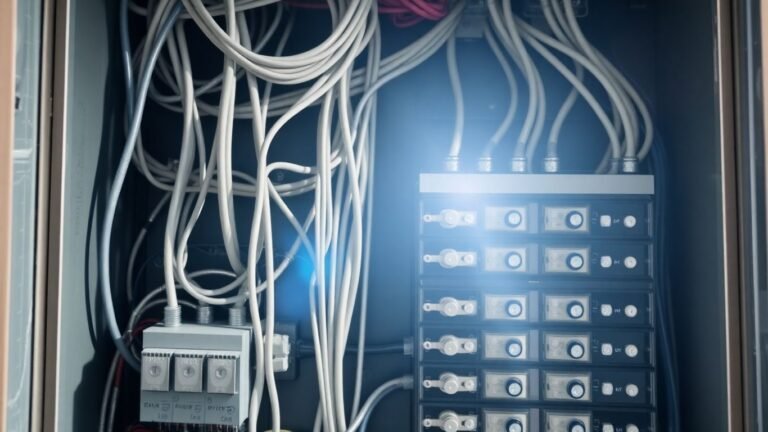

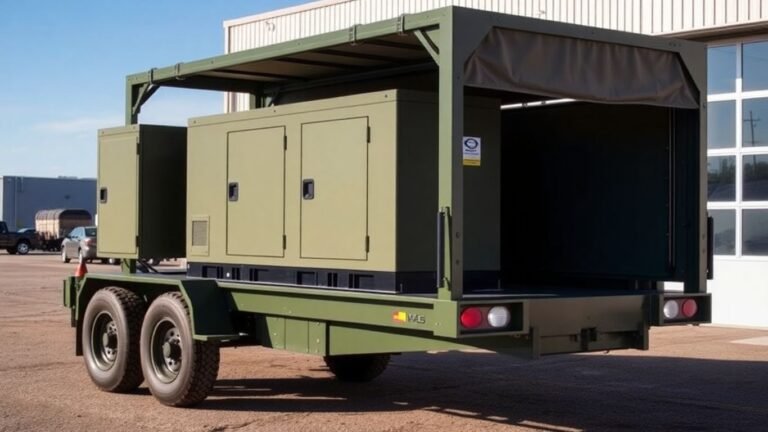
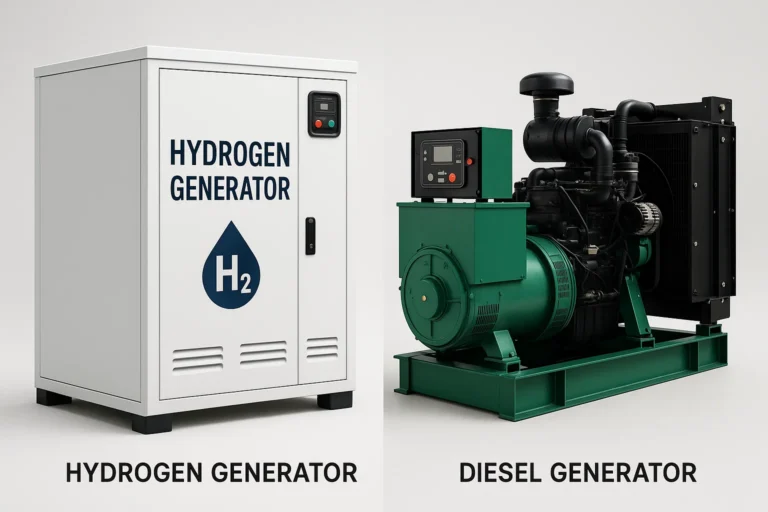

4 Comments